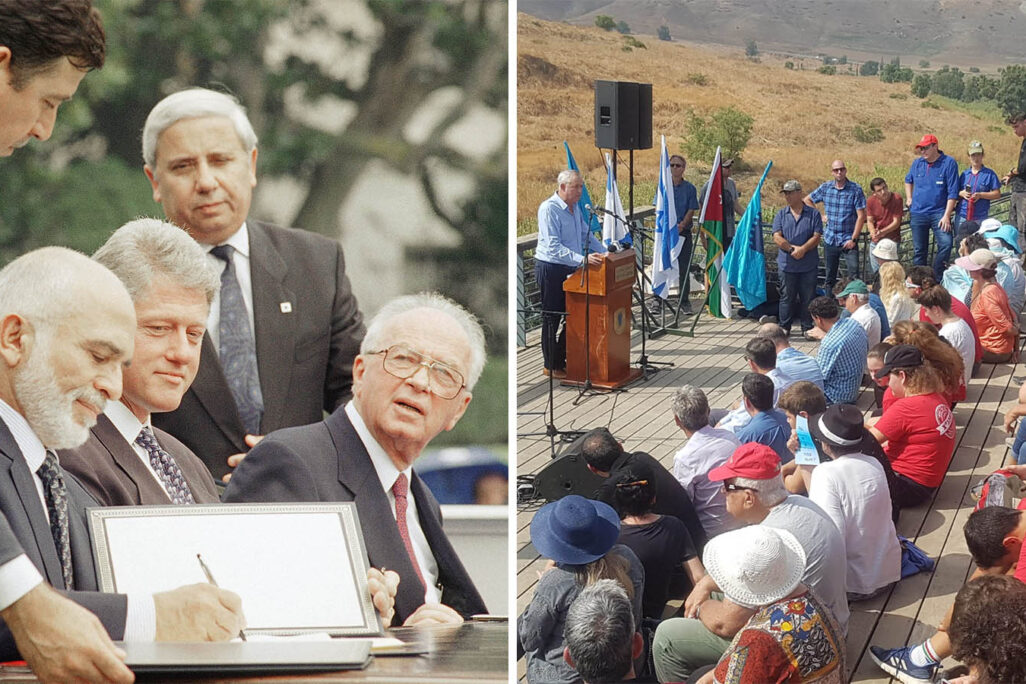
25 years after a peace treaty was signed between King Hussein of Jordan and Israeli Prime Minister Yitzhak Rabin in 1994, neither Israel nor Jordan chose to commemorate the anniversary with an official ceremony. Instead, a quarter-century after the signing of the peace treaty, the spotlight was cast last week on the Island of Peace in Naharayim, and Zofar, pockets of Jordanian land leased to Israel for 25 years as part of the original peace deal.
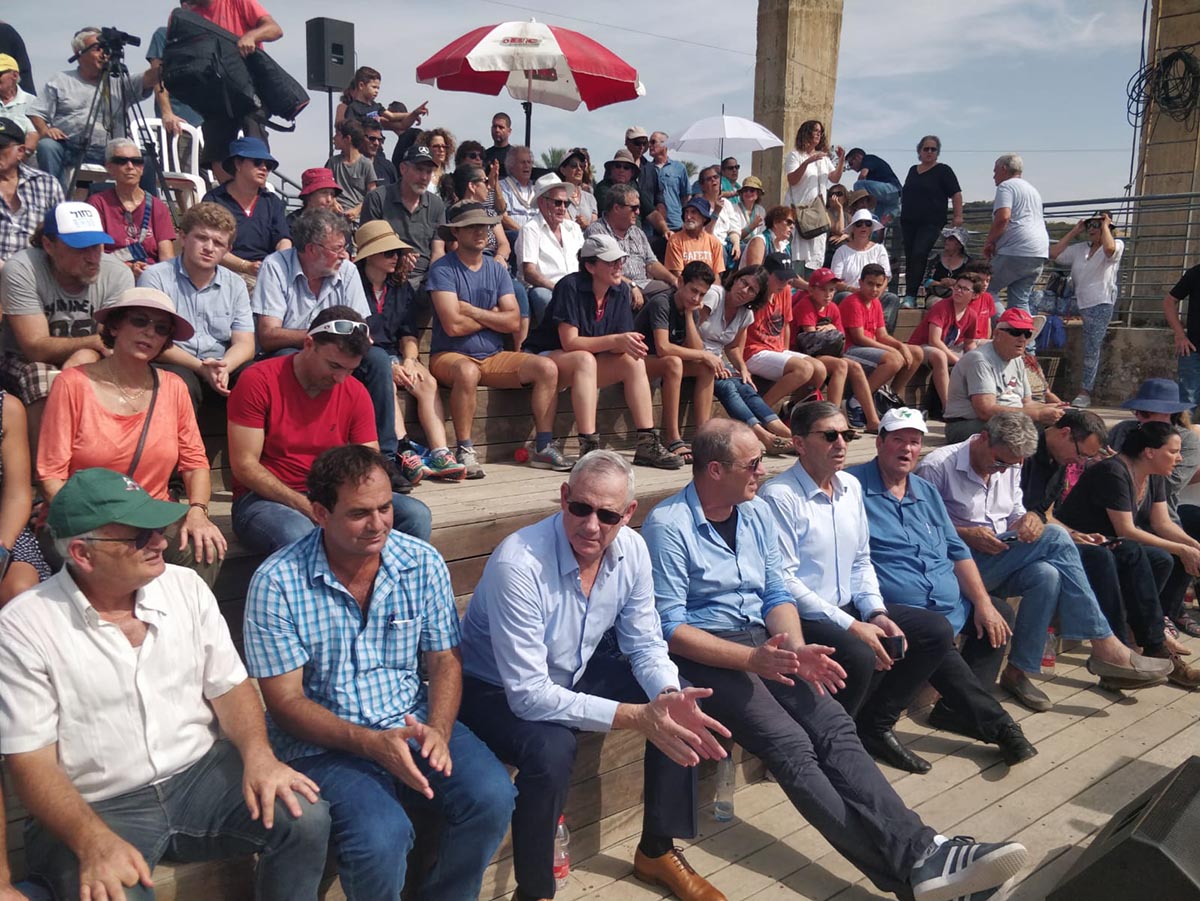
Despite being subject to an automatically renewing lease according to the original treaty, the Jordanian government has said that it intends to return the pockets of land to Jordanian control by terminating the lease. The two pockets currently serve Israeli agriculture, and will be handed over to the Jordanian government next week.
We will not sanctify dirt. Humanity, and human life, is what is sacred.
A quarter of a century after the signing of a peace treaty between the two countries and 24 years after the assassination of then Prime Minister Yitzhak Rabin, neither sides seemed particularly keen to commemorate the historic treaty. But against the backdrop of the expected return to Jordanian rule of one of the enclaves of Israeli territory within Jordan, known as the Island of Peace, the Jordan Valley Regional Council, a municipality near Tiberias held a small ceremony marking the 25th anniversary of the Israel-Jordan peace treaty. The ceremony was called “Keeping the Peace on the Island of Peace.”
Despite reports of progress in negotiations between the countries to postpone the exchange, at the time of the writing of this article, the Jordanian government is denying anything other than its full intention to reclaim control over the territory.
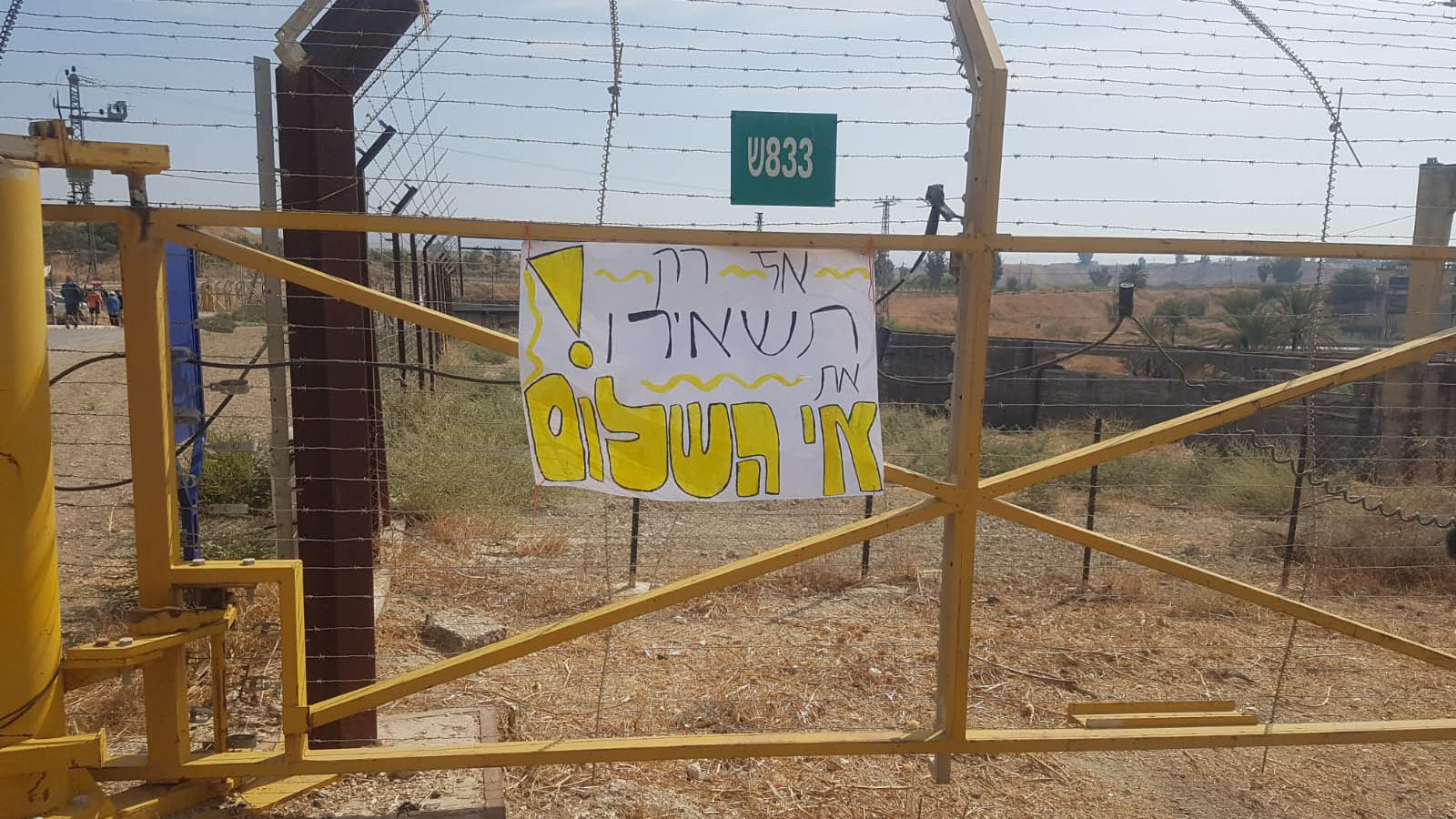
Hundreds of people gathered for the ceremony under the hot midday sun, including Jordan Valley residents, farmers, members of the Hanoar Haoved Vehalomed (NOAL) youth movement, and members of the wider public. The event was attended by Blue and White party leader Benny Gantz, Jewish National Fund (JNF) chairman Danny Atar, Jordan Valley Regional Council head Idan Greenbaum, and other dignitaries.
The event was also attended by Eyal Blum, head of the Eastern Arava Regional Council, where Tzofar is located. Blum has so far refrained from making any public comment on the subject of the termination of the land lease under his regulation.
The origins of the Israeli land enclave in Jordan goes back to the 1920's. In 1927, a Jewish entrepreneur named Pinchas Rotenberg founded the first hydroelectric power plant in the British Mandate of Palestine. The power plant, which was built on a small island in the Jordan River, was captured by Jordan. As part of the armistice treaty in 1949, Jordan returned parts of the island to Israel, which were used as agricultural land by Kibbutz Ashdot Ya'akov.
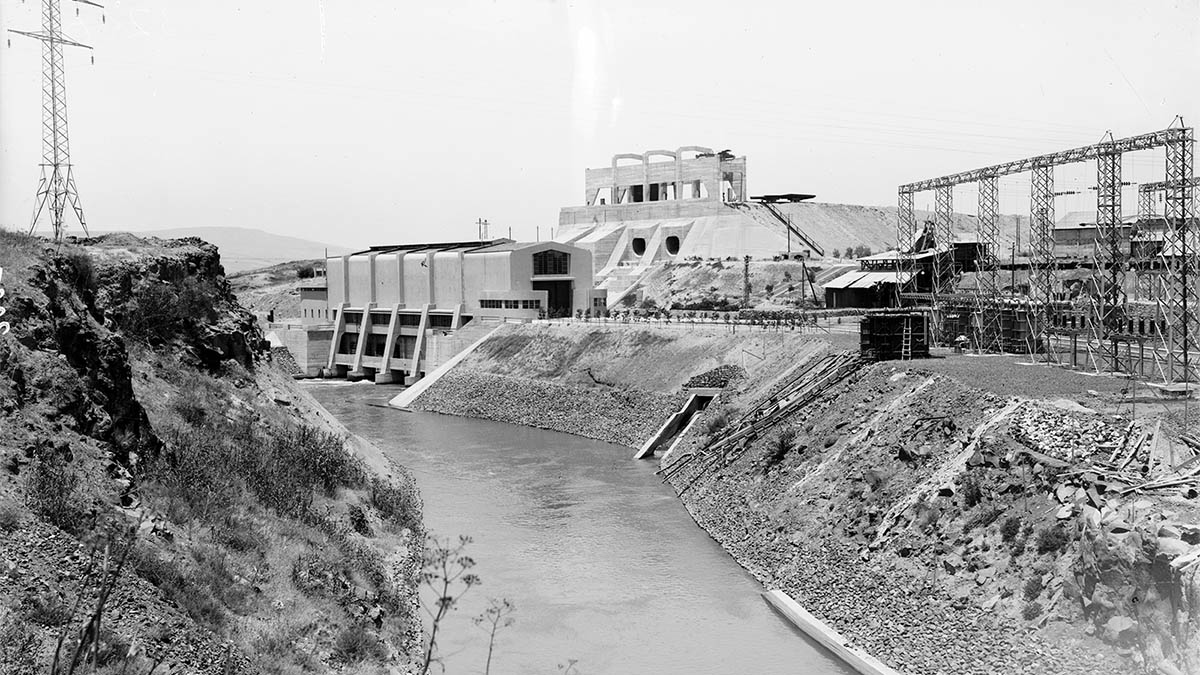
When peace between Israel and Jordan was being negotiated in 1994, the Jordanian government demanded sovereignty over the entire Island. The sides eventually reached an agreement under which the agricultural land would be officially returned to Jordan, and then leased back to Israel for agricultural use for 25 years. Israeli farmers were allowed to access the land without going through border checkpoints as a sign of goodwill, which gave the enclave the name "Island of Peace".
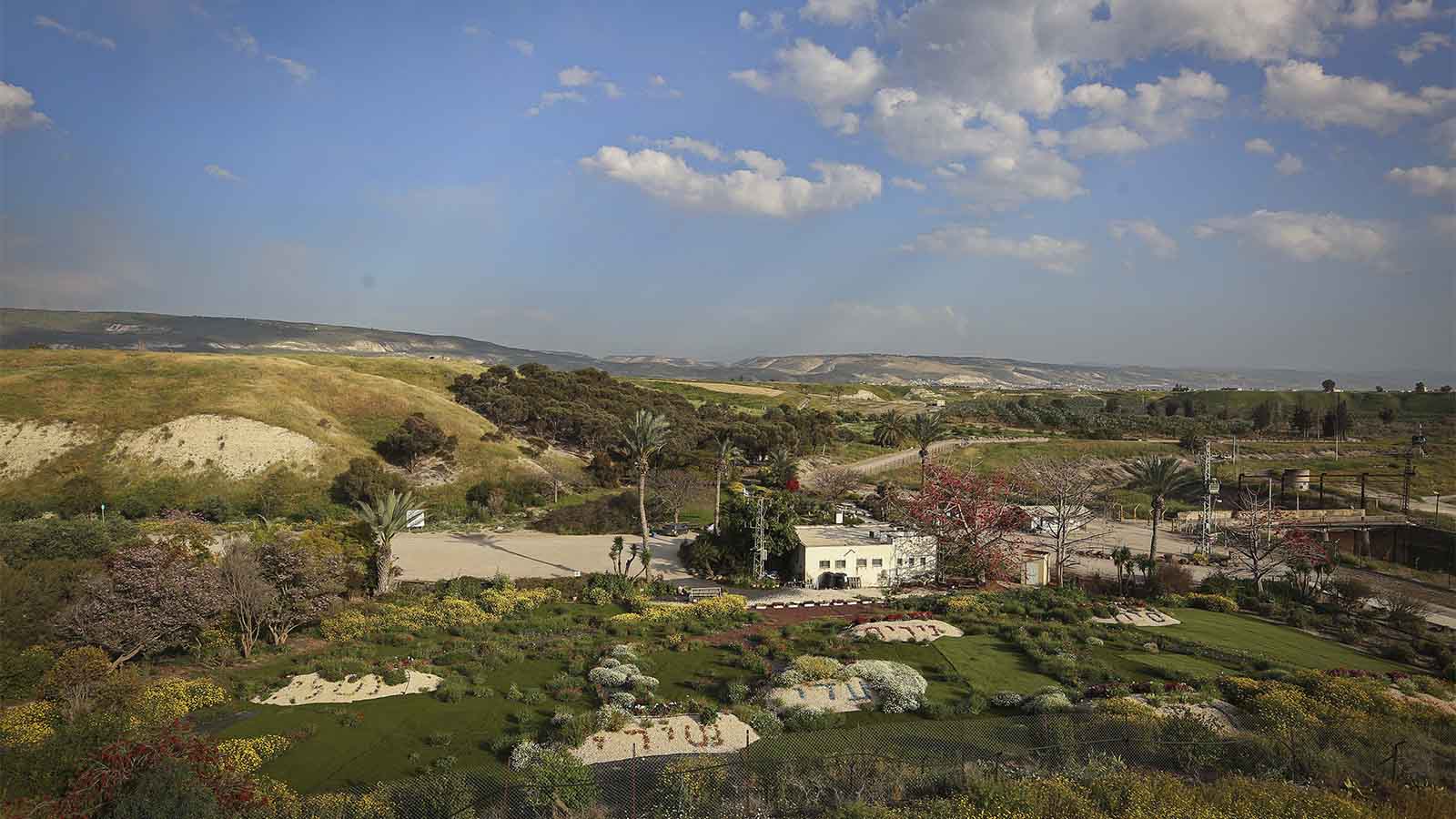
Even though the peace treaty included an automatic renewal of the lease, King Hussein II of Jordan has insisted that Israel return the land to Jordan. Israel has agreed to the request, and the official transaction will occur next week.
Head of the Jordan Valley Regional Council Idan Greenbaum said that he had spoken with a senior representative of the Jordanian government who told Greenbaum that peace with Israel is “important, and that [the Jordanians] will maintain it.” Greenbaum added that “neither side is interested in regressing to the situation that existed here more than 25 years ago, in an era of bloodshed during the difficult years of the 1970’s.”
Greenbaum emphasized that Jordan Valley farmers would not oppose the termination of the land lease if returning the land to Jordan would strengthen peace between the countries. However, he expressed great sadness that both counties did not manage to renew the lease.

“We follow the words of Trumpeldor, who said that the Jewish plow would plow the final furrow, and that’s where the border will be. However, we are also using this platform to make it clear that we will not sanctify dirt. Humanity, and human life, is what is sacred. We will give back the territory of the Island of Peace and will bid it a painful farewell in order to keep the peace and good neighborliness with Jordan,” Greenbaum said.
JNF chairman Danny Atar addressed the ceremony and criticized the Israeli government, saying that “there should have been healthy and ongoing dialogue with the Jordanians and not the kind of oppressive talk that sabotages peace. We need to help the Jordanians, who have barely any water coming out of their taps, just a few hundred meters from here.”
Atar said that instead of Israel and Jordan renewing the goodwill of the treaty after 25 years, it seems as though the termination of the lease can be linked to a lack of mutual progress in developing the region for the prosperity of all of its residents.
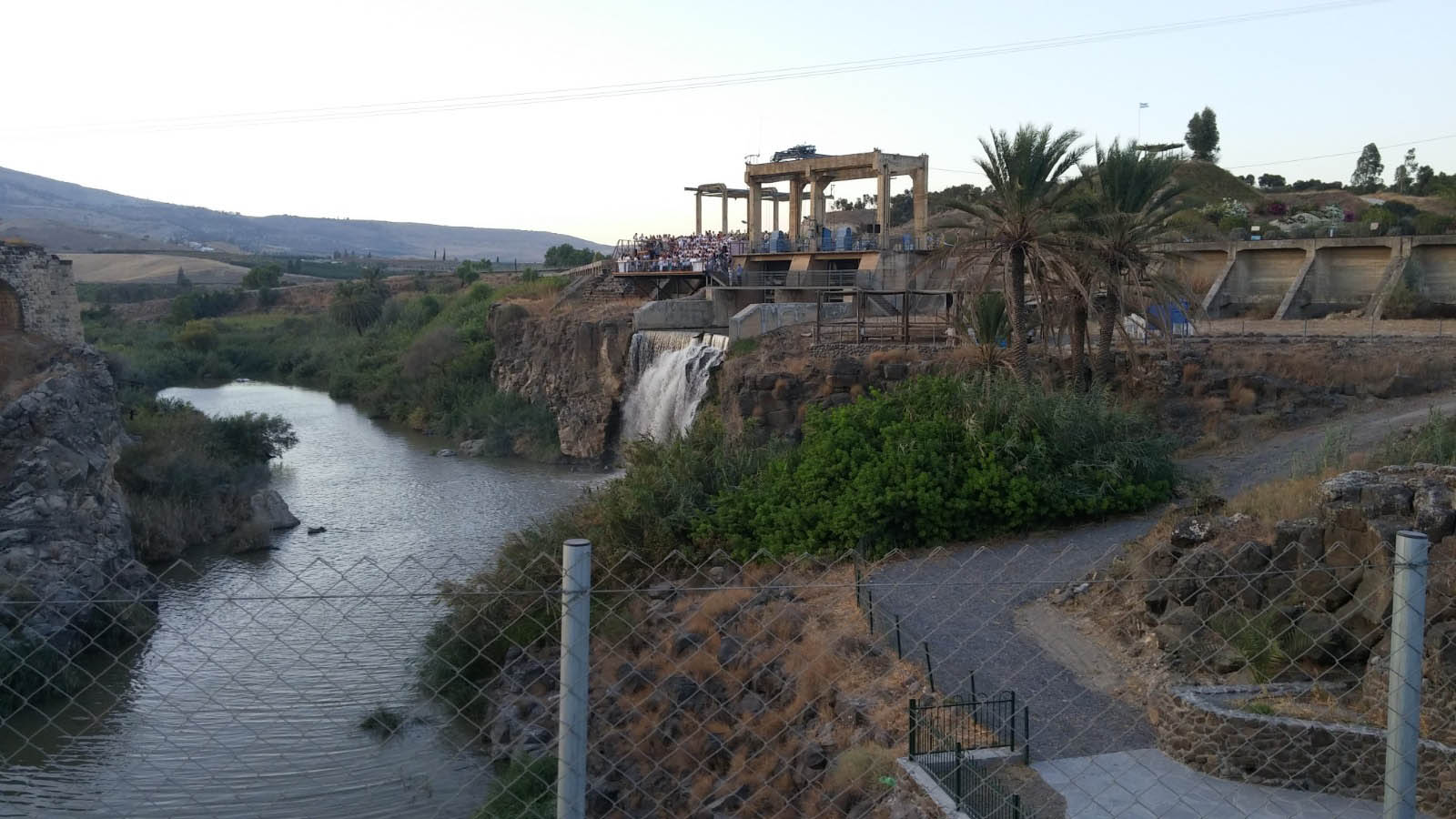
Blue and White chairman, Benny Gantz, said that “agreements must be honored, and the King of Jordan has a right to exercise the terms of the agreement. But we must understand that it is in all of our interests to enjoy the fruits of peace. Continuing the peace and expanding it is important to the people who live here, but also to the ongoing faith and hope of both nations.”
Gantz, who recently received the mandate from President Rivlin to attempt to form the next governing coalition in Israel, committed to bolster relations between the nations by stating: “[I will] do everything in my power to strengthen peace with Jordan, to march relations forward. We will solve all the issues that require solutions and push forward every infrastructure project that can further develop ties between our countries.”
Oren Reuveni (32), the grove manager of Kibbutz Ashdot Ya'akov Ichud, participated in the ceremony and told Davar that for several years there have been signs that the agreement would come to an end, especially in light of the deteriorating coordination between the IDF and the Jordanian authorities.
“Coordination became problematic. In the best case they wouldn’t give us an entry permit and the work would halt and contractors would get stuck. In the worst case they wouldn’t allow you back into Israeli territory. Whether it’s connected or not to terminating the lease, I don’t know,” he said.
According to Reuveni, the problems in coordination between the sides affect a whole host of agricultural decisions.
“Our most recent significant crop was an olive grove. A year ago, we closed the entire grove exactly because of the coordination issues,” Reuven said. “If they don’t let us in for a week, it’s a problem during the harvest season. There were also problems being allowed in quickly to deal with water issues. Our plans and wishes were to work this very arable land to plant high quality agricultural crops, but only on the condition that we would know that developing this has a future.”
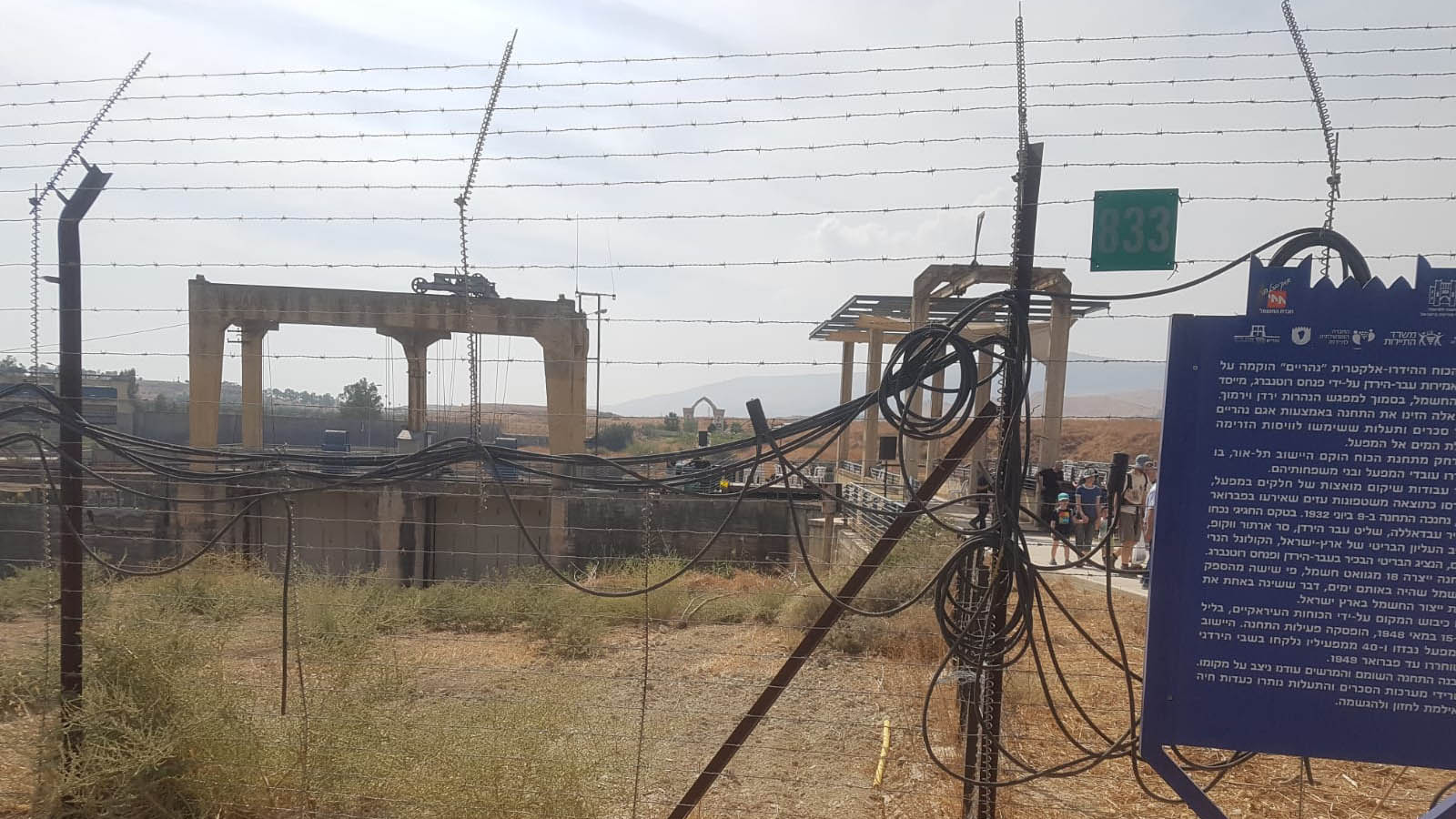
“Personally, as a third-generation kibbutz member, I can't ignore the feeling that our government doesn’t care. Nobody spoke to us. There is an issue here that goes beyond agriculture. The history we have here as a kibbutz, as farmers, the fact that our people were killed here,” Reuveni said.
"I would be the last person to stand in the way of a bulldozer and hinder the peace, but to see that not a single person in our government cares is frustrating and very insulting. It’s as if they are saying, 'Nobody considers you and you are not interesting,'” he continued. “I don’t want to compare ourselves to anyone else, but you have this area of Jewish modern roots in Israel that predates the state by many years. We are not asking for anyone to take it or not to take it. All we want is for someone to come here and ask us what [terminating the lease] will mean for us. I’m not even talking about money.”
Reuveni insists that the heart of the matter is not whether or not the land will return to Jordanian control, but rather, whether or not the government is willing to register the deeper meaning of what is taking place for Reuveni, for the other farmers, and for the nation.
According to Jordanian analyst, Oraib Rantawi: “The Israel of Shimon Peres, Yitzhak Rabin and the Labor party is not here at all anymore. There is a different Israel today, which does not respect the interests of others.”
Despite cooperation between the two nations in matters of security and intelligence, the coordination issues felt by people interacting on the ground, coupled with the two governments’ independent decisions not to mark the 25th anniversary of the signing of the peace treaty, tell their own story. The many manifestations of the deal signed 25 years ago are woven into a wider, ever-changing political reality, whose vision, as once conceived by its principal signatory, Yitzhak Rabin, has been re-imagined in the intervening years, as was Israeli society itself, in adjusting to a world where the Prime Minister for peace was assassinated.






